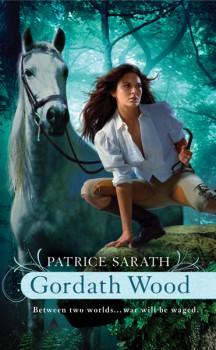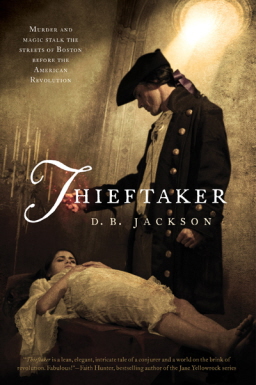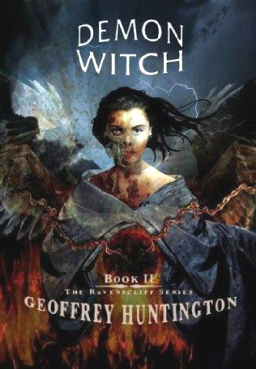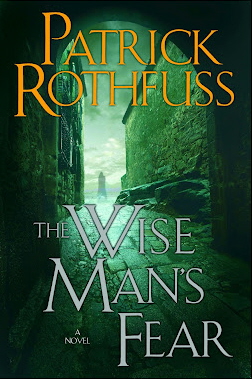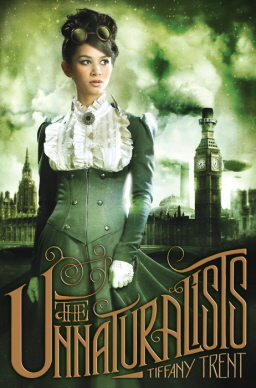The Thrill of the Unexpected: Why I Edit Clockwork Phoenix
Hi, folks! Mike Allen here. When I last came through, I blogged about monsters. I want to thank Black Gate overlord John O’Neill for granting me leave to return to this space and shill my new project.
 Among the many things I do, I’m the editor of a series of fantasy anthologies called Clockwork Phoenix. At least, the first three books were marketed as fantasy by my previous publisher, even though I included some strange science fiction in their pages as well. (Though I’m someone who sees science fiction as a subset of fantasy rather than a whole separate thing, one of the reasons I’ll use them if they’re odd enough.)
Among the many things I do, I’m the editor of a series of fantasy anthologies called Clockwork Phoenix. At least, the first three books were marketed as fantasy by my previous publisher, even though I included some strange science fiction in their pages as well. (Though I’m someone who sees science fiction as a subset of fantasy rather than a whole separate thing, one of the reasons I’ll use them if they’re odd enough.)

And I’m going to be editing and publishing a fourth volume in the series, thanks to a Kickstarter campaign that’s still underway. As of this writing I’m closing in on an $8,000 goal that will let me for the first time pay five cents a word for fiction – we’re going pro. If we keep going past that, I hope to launch a webzine that will be a companion to Clockwork Phoenix and the poetry journal I also edit and publish, Mythic Delirium, creating even more space for the kind of writing I love to thrive. But we’ll blow up that bridge when we come to it, eh?
John suggested I talk to you folks about how Clockwork Phoenix functions as a fantasy market, and I think that’s a fair question, given what Black Gate is all about.
Put bluntly, Clockwork Phoenix is a market for those who want to push the boundaries of what fantasy can be. I encourage stylistic experiments but insist the stories should also be compelling.
I want to point out that this gives me also sorts of freedom to include material that can’t be easily classified, I wouldn’t call it a break with long standing tradition in our field, at least as I’ve experienced said traditions.
I want to tell you how I was first introduced to short fiction that carries the fantasy label. I’m pretty sure then you’ll see what I mean.
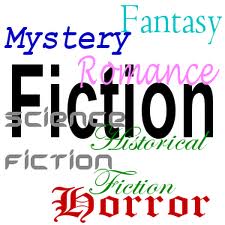 It’s a lot easier for me to be generous about other genres than it used to be. I’m trying to decide if that has something to do with me mellowing with age, or if it’s because there’s a whole lot more sword-and-sorcery available than there was ten years ago … or if it’s simply that I don’t feel shut out anymore now that I’m writing sword-and-sorcery stories for a living.
It’s a lot easier for me to be generous about other genres than it used to be. I’m trying to decide if that has something to do with me mellowing with age, or if it’s because there’s a whole lot more sword-and-sorcery available than there was ten years ago … or if it’s simply that I don’t feel shut out anymore now that I’m writing sword-and-sorcery stories for a living.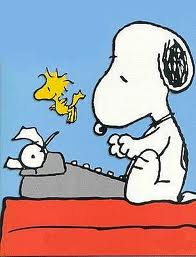 A lot of writers I know are pretty good at self-sabotage. It’s not that writing is hard, exactly, except that it is. Physical labor and exercise isn’t required, and it sure doesn’t look like you’re doing much when you’re
A lot of writers I know are pretty good at self-sabotage. It’s not that writing is hard, exactly, except that it is. Physical labor and exercise isn’t required, and it sure doesn’t look like you’re doing much when you’re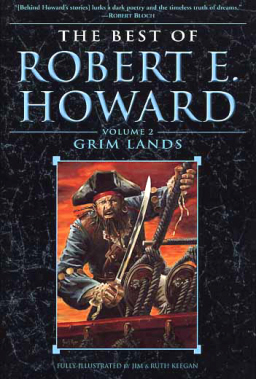
 As I watch the tumbleweeds blow through
As I watch the tumbleweeds blow through